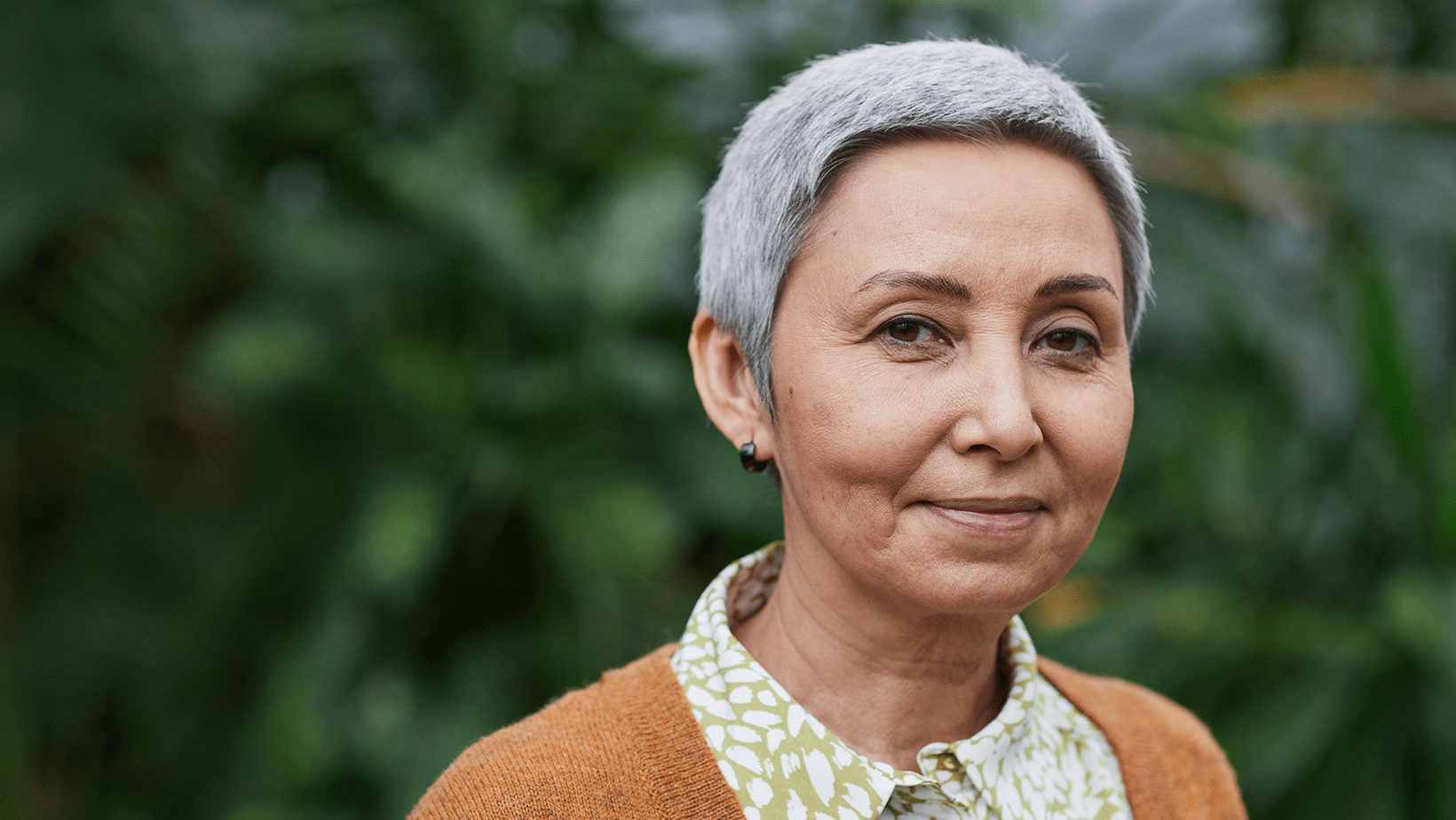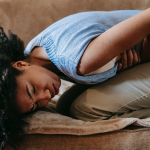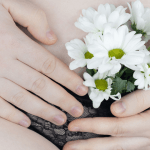Vaginal dryness affects 85% of women. While it can occur at any age, it is much common with women going through menopause and perimenopause.
Normally, the vaginal walls are hydrated by a thin layer of clear, odorless fluid. Estrogen influences the pH of the vagina and vaginal secretions. Without enough moisture, vaginal tissue becomes fragile and has the propensity to tear. These fragile tissues can bleed, hurt and make intercourse less appealing. The fluctuations and decrease in production of estrogen is a major contributor to vaginal dryness, itching, burning, discomfort, and pain during intercourse or other sexual activity. The issues with vaginal dryness are emotional, psychological, and, of course, extend to relationships.
There are 3 important things that every woman should know about vaginal dryness.
- It’s virtually impossible to prevent vaginal dryness; it’s like preventing age.
After menopause, the majority of women will indeed have vaginal dryness (85%) Think of it like wrinkles; we are bound to get them. As you feel your skin dry, your mucous membranes (mouth, nasal, eyes, gut and vagina) are also losing moisture due to hormonal loss. Vaginal dryness is inevitable.
“Even as your body betrays you, your mind denies it.”
– Sara Gruen
Just as a woman reaches her forties and feels that she has figured out a lot of things – about motherhood, career, love and life – her hormones are in flux and declining. Almost as if her body is betraying her. And it’s reasonable and logical that the brain denies it. There is a lot of denial around menopause and vaginal dryness, but it is important to acknowledge uncomfortable issues such as vaginal dryness and it’s important to take the stigma out of talking about. Instead, recognize that it’s just a fact of life.
- Vaginal dryness worsens over time if nothing is done.
Many women ask, “Will this get better?”. Menopausal symptoms that are caused by hormonal fluxes – such as hot flashes and headaches – will indeed get better over time. For some women, however, these fluxes can last years, even up to 15 years.
However, vaginal dryness – because it’s due to hormonal loss, not flux – will worsen over time. As will our wrinkles, dry mouth, dry eyes and joint pain. As with any chronic, deteriorating condition, it’s important to try and prevent a rapid decline as much as possible.
- What are the best methods of preventative care?
The best maintenance is to exercise your vagina, or as some like to call it, “sexercise”. Yes, it’s about “use it or lose it”, as with any organ. A 70 year old woman’s best advice was to “use your body in the way it was meant.” For her, that meant having children, breast-feeding, and having regular sex. She pointed out that the last one was the most difficult because it involves working hard at relationships. While we can’t all make the same, or even similar, choices as she did, we can be aware of how important it is for our holistic health to address vaginal health.
Now that you know a little bit more about vaginal dryness, here is the best maintenance program for slowing down vaginal dryness:
- Regular intercourse and orgasm.
Find a sexy toy and practice self-stimulation or engage with your partner. Ensuring blood flow to the genital region increases metabolism and tissue pliability. This is the part that partners like to hear: It really is about “using it or losing it.” It’s not just the exercise to the vagina and surrounding tissues through orgasm, it’s also about getting a wonderful dose of high powered sex hormones to help you feel younger again.
- Use only natural vaginal products
It is essential to find all natural products specifically designed for the vagina such as pH balanced cleansers and lubricants. Up to 40% of women experience pain with intercourse so it is important to be proactive about using products and not use them when it’s too late.
- Avoid prescription drugs
Many types of drugs have side effects for your mucous membranes that cause vaginal dryness. The most common ones are anti-depressants, antihistamines and birth control.
Oftentimes, women are not aware of how important vaginal health is for their well-being, especially after age 50. Vaginal dryness can lead to atrophy (shrinking of tissues), which can precipitate into incontinence and even prolapse (organ collapse or protrusion such as the uterus through the vagina).
Scientific articles:
85% of menopausal women have vaginal dryness and 40% have pain with intercourse










Very helpful